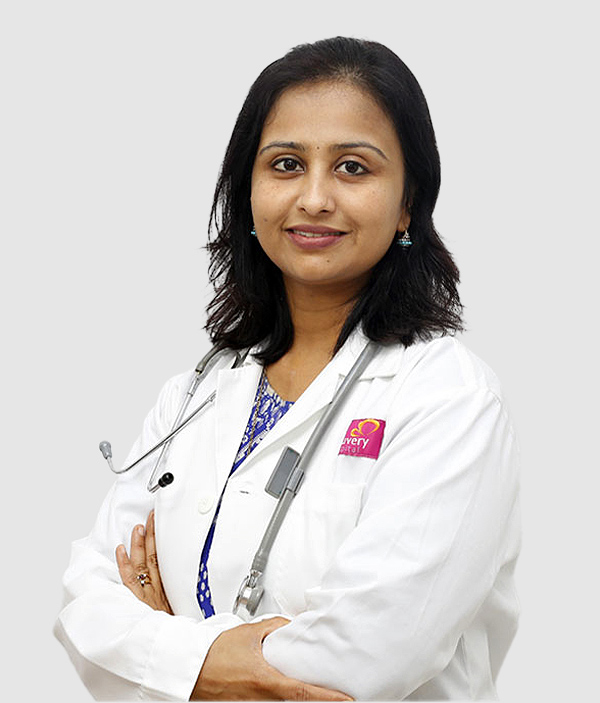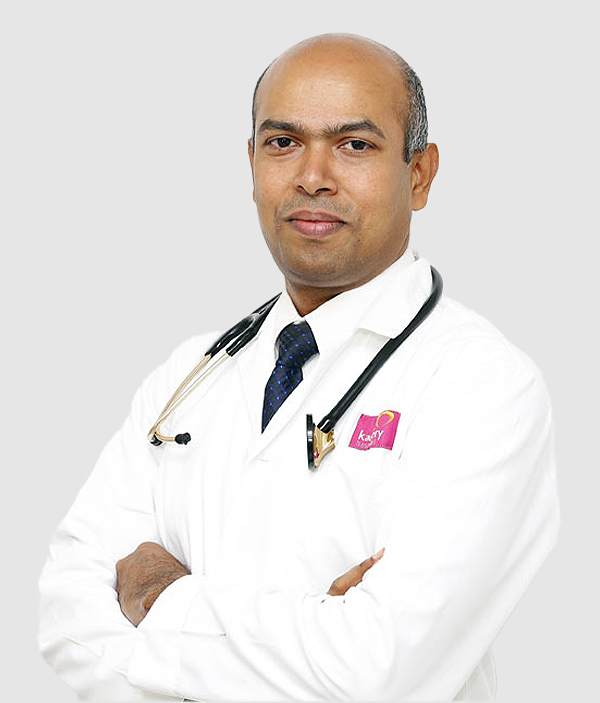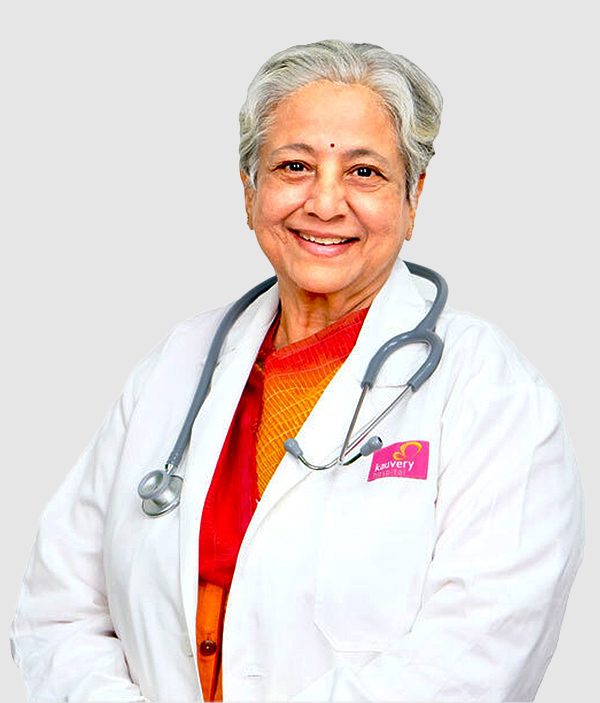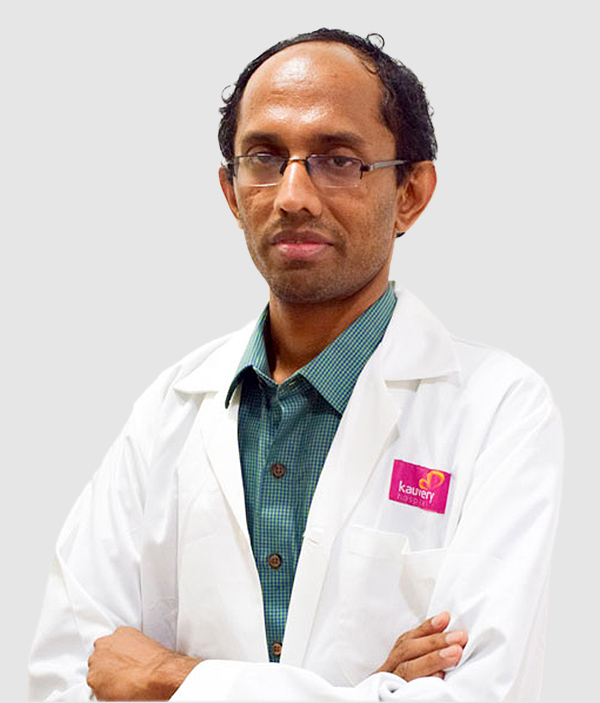What is a Stroke?
Stroke can be best described as a brain attack. The brain needs a steady supply of oxygen-rich blood to function properly and this is supplied through an intricate network of blood vessels throughout the brain. In case this supply is disrupted for any reason, brain tissues don’t get enough blood or oxygen, and in the process start dying out. The damage may be temporary or permanent, causing death, disability or loss of one or more brain functions. The episode and the resulting condition are both called a stroke.
Types of Stroke
Here the blood supply is restricted because a blood clot or pieces of plaque, caused by atherosclerosis, becomes unstable and leads to formation of a clot (thrombus) which is blocking the blood vessel.
TIA is similar to an ischemic attack but the problem is temporary and normal blood flow is restored within 24 hours, on its own. But this is a warning sign that a repeat stroke may occur.
This occurs when a blood vessel in the brain ruptures and leaks blood (hemorrhage). The leaking blood increases pressure inside the cranial cavity and damages the brain or parts of it.
Signs and Symptoms of Stroke
Paralysis
Confusion, dizziness
Severe or sudden headache
Trouble speaking or understanding speech, slurring speech
Numbness or weakness in the arm, face, and leg on one side of the body
Trouble walking and loss of balance or coordination
Vision problems such as trouble seeing in one or both eyes (darkened, blurred or double vision)
Fainting briefly
Why Kauvery Hospital for Stroke?

24x7 Stroke Ready
24×7 Stroke Ready Hospital with renowned experts in the field of Stroke Management

Patient Centric-Care
- Individualised Care
- Early Discharge
- Home Care
- Caregivers Support

Expert Team
Dedicated specialists in Stroke, Physiotherapy, Occupational Therapy, Stress Therapy, and Psychology

360 Degree Stroke Services
- Acute Stroke
- Stroke Prevention
- Neurosurgery
- Interventional Radiology
- Neuro-Rehabilitation
Stroke Specialists at Kauvery Hospital
Advantages of the Hyper Acute Stroke Unit
State of the art equipment, guidelines and protocols
Round-the-clock care by Stroke Specialist, Interventional Radiologist, Neurosurgeon and Neurointensivist
Expert Nursing Team and Neuro-Rehabilitation Specialist
Brain Imaging within 20 mins of arrival
Mechanical thrombectomy for large clots to restore blood flow to brain
Clot Buster treatment on CT table to prevent treatment delay in eligible patients.
Preventing a Stroke
Nicotine has a deadly effect on blood flow. For one, it acts as a catalyst for clot formation. Secondly, it thickens the blood and increases plaque build-up in the arteries leading to atherosclerosis, which is a huge risk for stroke.
Interestingly, having one drink a day may reduce the risk of a stroke. But more than 1 drink a day increases the risk of a stroke due to several reasons.
A healthy body mass index reduces the risk for various ailments such as hypertension, diabetes and stroke. Eat in moderation and exercise regularly in order to maintain weight. Include cardio exercises like running, jogging, swimming, calisthenics, sports, intense cleaning, intense gardening, etc as these help burn fat faster.
A healthy diet that is low on salt, cholesterol, trans-fats, and saturated fats, and rich in fresh fruits and vegetables helps prevent many ailments including stroke. Include a salad in every meal or at-least once a day. Include produce that are rich in potassium such as banana, avocado, dates, beetroot and cantaloupe (musk melon).
This helps you maintain your weight, reduce BP and reduce cholesterol levels. It also helps burn food into energy better which regulates blood sugar levels. This in turn helps regulate insulin production in the body and prevent the onset of type-2 diabetes.
Get regular health checkups that record your cholesterol and blood pressure levels. High blood sugar, cholesterol and high blood pressure are all “risk factors’ for a stroke.
Some medicines may increase the risk of stroke, so mention the medicines you take every time you meet a doctor.
If you suffer from any of these: atrial fibrillation,
sickle-cell disease, anemia, peripheral vascular disease, diabetes, hypertension etc,
it’s advisable to go in for quick and definitive solutions.
Reduce stress through yoga and meditation. Keep your brain active in old age by solving puzzles, staying connected with friends and family,
taking up a new hobby etc. These reduce the risk of stroke and prevent the onset of dementia of the commonest types of which is
Alzheimer’s disease.
Post-menopausal women should avoid Hormone Replacement Therapy and choose other means to maintain their overall health.
Stroke - A treatable medical emergency
Other Stroke Services
Stroke Prevention
Most strokes are preceded by a warning like mini-strokes called TIA or Transient ischemic attacks.If correctly identified and treated promptly a more devastating stroke can be prevented.
At Kauvery Hospital, we perform rapid assessment and initiation of risk reduction measures in TIA patients adhering to international protocol.
Advantages of our Stroke Prevention Unit:
- Multidisciplinary Approach involving Cardiology, Radiology, Vascular Surgery
- Holter monitor to identify atrial fibrillation, USS or CT/MR angio to check for carotid atheromatous disease, blood work-up to check glycemic,
lipid status or other rare genetic causes for strokes - Thorough clinical history and examination followed by advice on lifestyle modification is given.
- Emergency medications initiated on the same day to reduce the risk of Stroke.
Stroke Rehabilitation Center
Getting back to life and normalcy after Stroke is a tedious process and requires expert guidance across multiple disciplines. At Kauvery Hospital, we have a dedicated Stroke Rehabilitation Centre to aid and assist stroke patients to get back to their normal routine.
Advantages of our Stroke Prevention Unit:
- Early mobilisation after Stroke to augment recovery
- Use of specialized rehabilitation devices to facilitate passive and assisted movements in affected limbs
- Daily sessions with speech and language therapists
- Expert inputs from the Nutritionist as a catalyst for recovery
- Use of modern rehab techniques by highly skilled physiotherapists
- Continence care for maintaining dignity and independence
- Vision and hearing assessments
- Prevention of spasticity by sequential monitoring and use of specialist medications including Botox
- In those with permanent disability, assistance is given by the use of advanced disability devices to maximize independence







